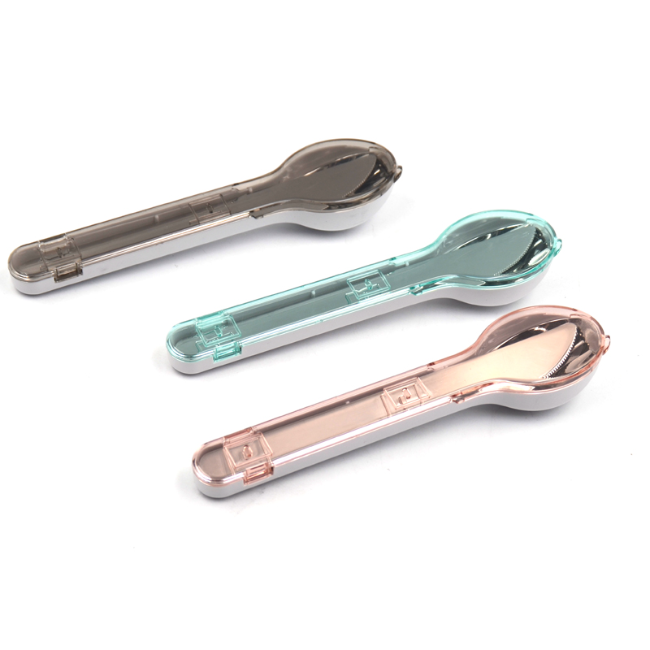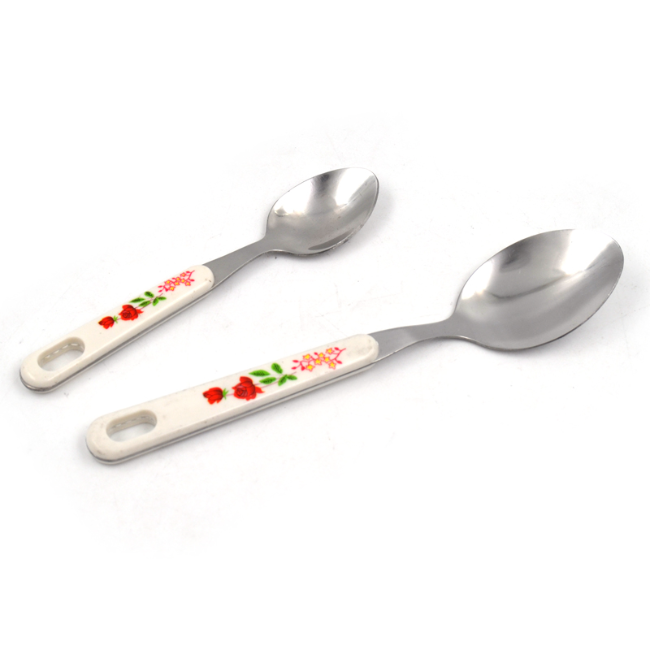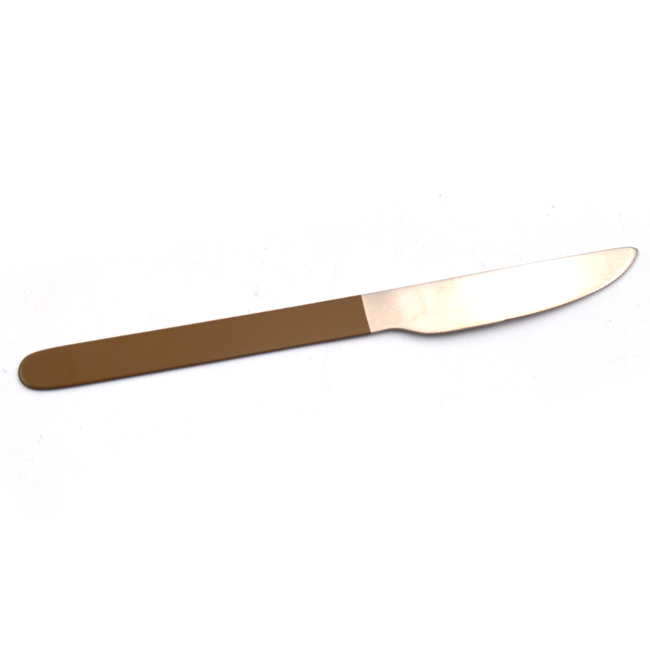
01 May
Is the Plastic in K Cups Harmful?
Is the Plastic in K Cups Harmful?The con...
Is the Plastic in K Cups Harmful?
The convenience of K cups has made them a popular choice for coffee enthusiasts. However, concerns about the safety of the plastic used in these single-use cups are on the rise. At Homefelt, we want to address these concerns and explore eco-friendly alternatives like eco coffee cups, reusable drinking cups, and custom reusable coffee cups.
1. Understanding K Cup Plastics
What Are K Cups Made Of?
K cups are primarily made from polypropylene (PP), a type of plastic known for its durability and resistance to heat. This material is commonly used in food packaging because it is generally considered safe for food contact.
Safety Concerns
While polypropylene is recognized as a safe plastic, there are still concerns regarding potential chemical leaching. When subjected to high temperatures, such as brewing hot coffee, there is a possibility that some chemicals may leach into the beverage.
l BPA and Phthalates: Some studies suggest that plastics can release harmful substances like BPA (Bisphenol A) or phthalates, which are linked to health issues. While many K cups are now BPA-free, the long-term effects of exposure to other chemicals in plastic are still being studied.
Summary
While the plastic used in K cups is generally deemed safe, concerns about chemical leaching cannot be overlooked. It’s essential for consumers to be aware of these risks when enjoying their coffee.
2. The Environmental Impact of K Cups
Single-Use Plastics Crisis
One of the significant drawbacks of K cups is their contribution to plastic waste. According to estimates, over 29 billion K cups are disposed of each year, leading to a staggering environmental burden. These cups often end up in landfills, where they can take hundreds of years to decompose.
Eco-Friendly Alternatives
At Homefelt, we believe in promoting sustainable coffee consumption. Here are some eco-friendly options that can help reduce your environmental footprint:
l Eco Coffee Cup: Made from biodegradable or compostable materials, eco coffee cups are designed to break down naturally, minimizing their impact on the environment. These cups are often made from plant-based materials, making them a safer choice for the planet.
l Reusable Drinking Cup: Investing in reusable cups is one of the most effective ways to combat single-use plastic waste. These cups are crafted from durable materials like stainless steel, glass, or BPA-free plastic, ensuring they can withstand daily use while keeping your drinks hot.
3. Custom Reusable Coffee Cups
Personalization and Benefits
Custom reusable coffee cups allow coffee lovers to combine functionality with personal style. Here’s why you should consider them:
l Make It Yours: With custom designs, you can express your personality and preferences. Whether you choose a unique color, pattern, or even add your name or logo, these cups make a statement.
l Long-Term Savings: While the initial investment may be higher, using a reusable cup can save you money over time. Many coffee shops offer discounts for customers who bring their own cups, making this not just an environmentally friendly choice but also a financially savvy one.
Why Choose Custom Cups?
Custom reusable coffee cups support a sustainable lifestyle while allowing you to enjoy your favorite beverages. They are an excellent way to reduce waste and promote eco-friendly habits.
4. Conclusion
While K cups provide convenience, the concerns surrounding their plastic cannot be ignored. At Homefelt, we encourage you to consider eco-friendly alternatives like eco coffee cups, reusable drinking cups, and custom reusable coffee cups. By making informed choices, you can enjoy your coffee while protecting both your health and the environment.
Take Action Today!
l Switch to Eco-Friendly Options: Consider replacing K cups with sustainable alternatives.
l Explore Our Collection: Visit Homefelt for a range of stylish and sustainable coffee cups that suit your lifestyle.
Join Us in Making a Positive Impact: Together, we can reduce plastic waste and promote a healthier planet!





